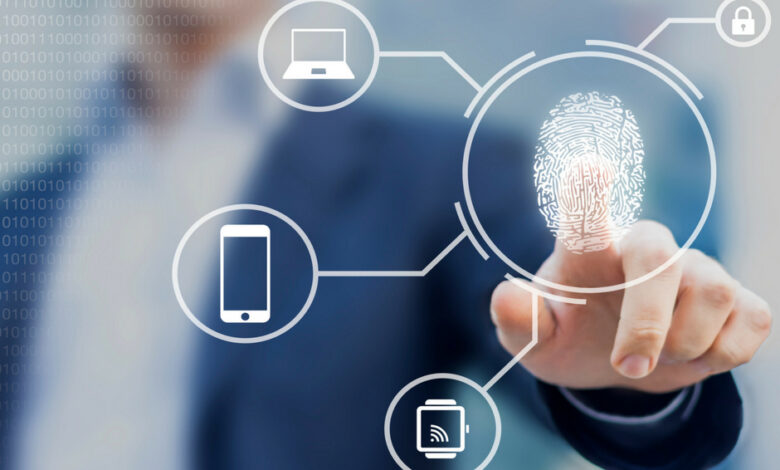Tips and Tools for Secure Teleworking

As more and more companies adopt remote work policies, secure teleworking has become an increasingly important topic. Teleworking offers many benefits, such as increased flexibility, reduced commuting time, and improved work-life balance, especially for casinosonlinecanada casino gamers. However, it also presents several security challenges, including the risk of cyber-attacks, data breaches, and unauthorized access to sensitive information. Therefore, it is essential for individuals and organizations to take the necessary steps to ensure secure teleworking.
Use Strong Passwords:
Strong passwords are the first line of defense against unauthorized access to your devices and accounts. Use unique, complex passwords that are difficult to guess, and enable two-factor authentication whenever possible.
Update Software and Hardware:
Regularly update your software and hardware to ensure that you have the latest security patches and bug fixes. This includes your operating system, web browser, email client, and any other software you use for work.
Use Secure Communication Protocols:
Use secure communication protocols such as HTTPS, SSL/TLS, and SFTP to ensure that your data is encrypted in transit. Avoid using unsecured public Wi-Fi networks and consider using a virtual private network (VPN) to encrypt your data end-to-end.
Secure Your Home Network:
Secure your home network by changing the default password, enabling WPA2 encryption, and disabling remote management. Also, use a firewall to block unauthorized access to your network.
Use Antivirus and Firewall Software:
Install antivirus and firewall software on your devices to prevent malware infections and block unauthorized access to your system. Keep your antivirus and firewall software up-to-date to ensure that your system is protected against the latest threats because you want a smooth time at real money casino usa.
Use Cloud-Based Storage:
Use cloud-based storage services such as Dropbox, Google Drive, or OneDrive to store and share files securely. These services encrypt your data in transit and at rest and also offer features such as two-factor authentication and access controls.
Be Cautious of Phishing Attacks:
Be cautious of phishing attacks that try to trick you into providing sensitive information such as passwords or credit card details. Look for signs of phishing such as suspicious URLs, grammatical errors, and urgent requests for information.
Limit Access to Sensitive Information:
Limit access to sensitive information such as financial data, customer data, and intellectual property. Use access controls and encryption to ensure that only authorized personnel can access this information.
Summary
By following these tips and using these tools, you can help ensure the security of your teleworking environment. Remember that security is a shared responsibility, and it’s essential to stay vigilant and take the necessary precautions to protect yourself and your organization from security threats.










